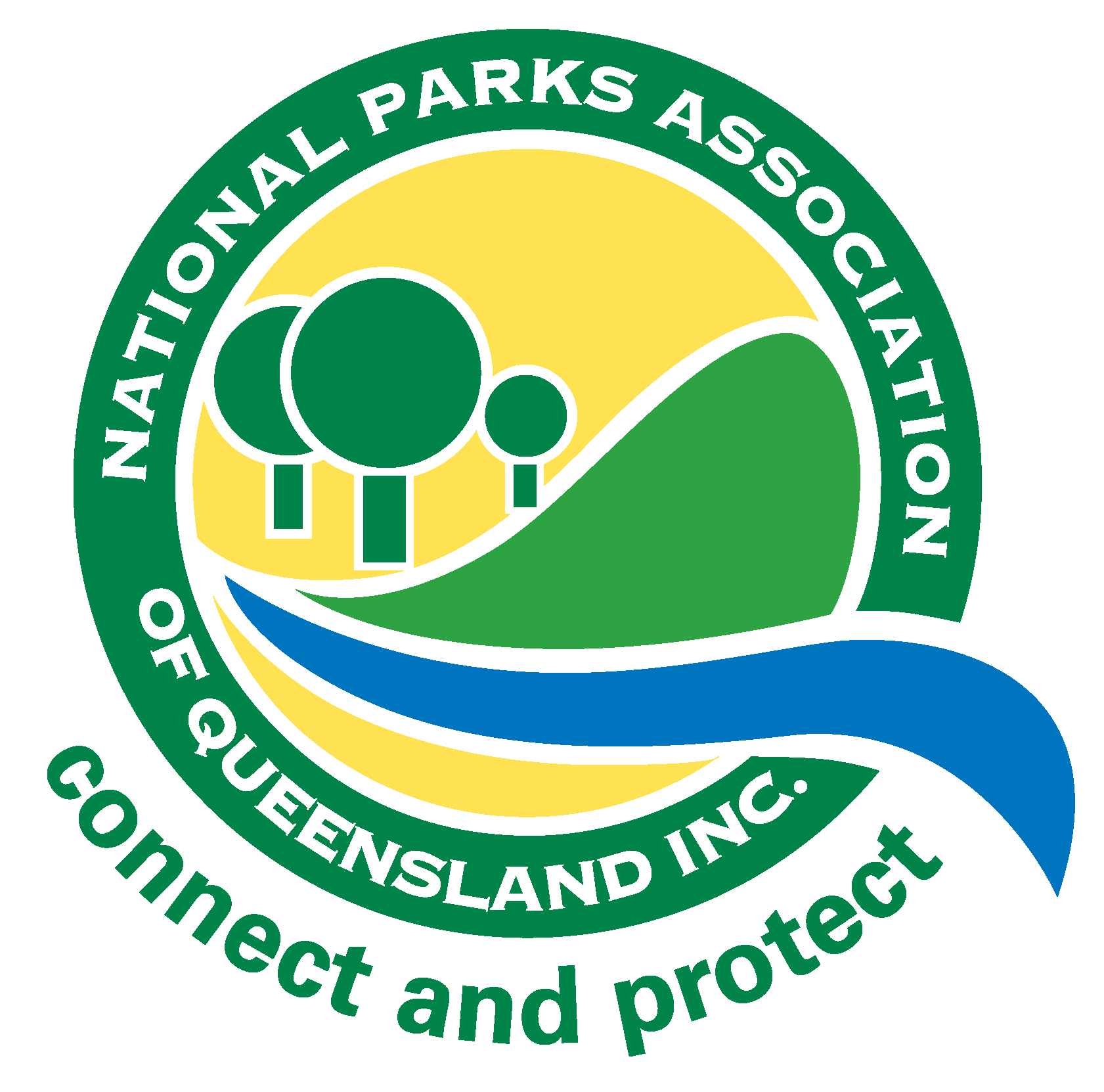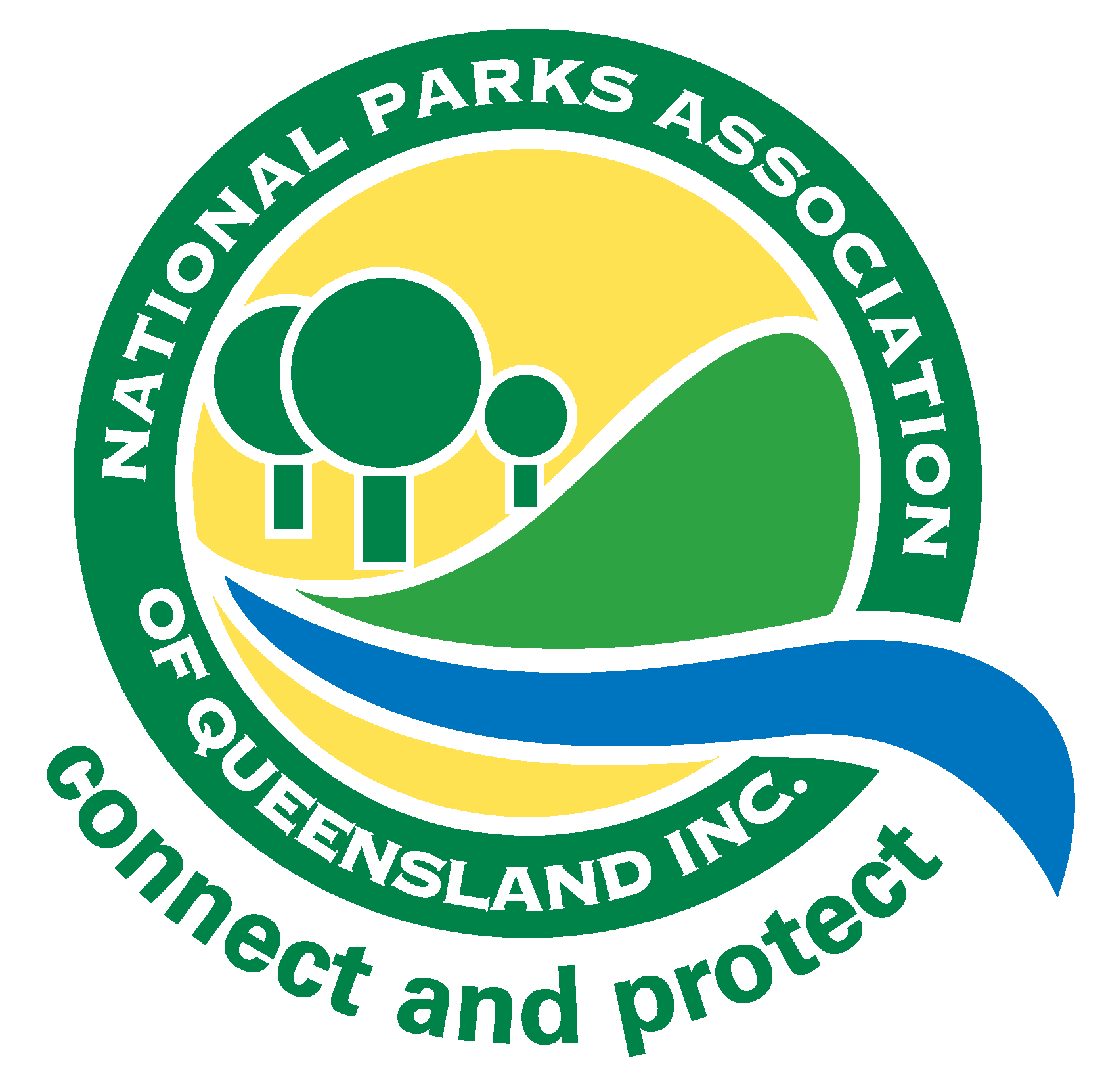biodiversity conservation, Marine Protected Areas, National Parks, Uncategorized
Nature Positives in the Budget …
We all know that money doesn’t grow on trees, but it can certainly help grow and protect some. NPAQ’s CEO Chris Thomas has scoured the State Government’s newly released budget to reveal the wins for nature and national parks.
Typically, conservation spending risks getting short shrift in national and state budgets, but recently we have been buoyed by the gradual change in mindset around the benefits of funding nature-based pursuits, environmental interpretation and biodiversity conservation in protected areas overall. While a greater percentage of the State’s treasury needs to be directed towards protected areas and biodiversity management – particularly when Queensland’s existing national parks and rangers struggle with the load of weeds, pests and service management – the Miles Government budget for 2024–2025 makes some provisions for capital and non-capital expenditure to lighten that load. Environmental interpretation, QPWS fire management and private protected areas present a clear focus.
The Department of Environment, Science and Innovation (DESI) has been allocated an additional $102.2 million for capital purchases in 2024–25. These capital purchases will allow the department to deliver on conserving and restoring Queensland’s unique biodiversity, heritage and protected areas, and protecting World Heritage areas. Previously, the government had set aside $250 million over 4 years, held centrally, of which $139.1 million remains across 2024–25 and 2025–26 for land acquisitions and capital works to support Queensland’s Protected Area Strategy 2020–2030.
2024–25 Capital Program Highlights (Property, Plant and Equipment)
• $20 million under the Cape York Peninsula Tenure Resolution Program to acquire land to become jointly managed protected area as National Park (Cape York Peninsula Aboriginal Land).
• $18.1 million for the purchase of additional fire vehicles, fire units and support equipment as well as upgrades to road and fireline networks and management infrastructure to support critical firefighter needs and bushfire risk, to improve community safety and safeguard natural and cultural values.
• $7.5 million for additional facilities and equipment to support rangers and to enhance visitor information in relation to dingoes (wongari) on K’gari.
• $5 million towards the construction of the Girraween NP Information Hub.
• $4.8 million for the vessel replacement program supporting marine parks and wildlife and threatened species management.
• $4.2 million for the major upgrade of visitor infrastructure at Central Station on K’gari.
• $3.5 million to provide camping facilities and continued enhancements to the Ngaro track in the Whitsunday Islands NP.
• $3.2 million towards building and park infrastructure to support visitor recreation, management and access of the Quandamooka Country parks and recreation areas jointly managed with Traditional Owners on Minjerribah (North Stradbroke Island) and Mulgumpin (Moreton Island).
• $1.8 million to upgrade and build new nature-based visitor experiences and facilities along the Thorsborne trail on Hinchinbrook Island NP.
• $1.6 million to replace the Jindalba Boardwalk in Daintree NP (Cape York Peninsula Aboriginal Land).
2024–25 Operating Program Highlights (non-capital expenditure)
• $21.1 million to support critical firefighter needs and manage bushfire risk in a changing climate, improve community safety and safeguard natural and cultural values, including World Heritage values.
• $31.3 million over 4 years and $8.4 million per annum ongoing to continue planned actions under the South East Queensland Koala Conservation Strategy that address the decline in koala populations and preserve and restore key koala habitat.
• $23.5 million over 4 years and $6.3 million per annum ongoing to continue implementation of the Threatened Species Program 2020–2040 to protect and recover Queensland’s most threatened flora and fauna.
• $14.5 million over 5 years from 2023-24 (indexed ongoing), with funding to support the conservation of dingoes (wongari) and management of public safety on K’gari through additional Butchulla and Queensland Parks and Wildlife Service wongari education rangers to improve visitor understanding of wongari risks and the cultural significance of wongari to the Butchulla people.
• $2.8 million over 2 years to support environmental conservation on private land and implement the Australian Government’s Other Effective Area-Based Conservation Measures.
• $2.4 million over 2 years, held centrally subject to the Cape York Peninsula being added to Australia’s UNESCO State Party Tentative list, to progress World Heritage Nomination.
• $2.0 million over 2 years to develop 3 pilot bioregional plans focussed on renewable energy, critical minerals and urban development.
The Department of Tourism and Sport has been allocated the following additional budget
• $11 million for development of the Wangetti Trail, a 94-km walking and mountain biking trail from Palm Cove to Port Douglas, with public and eco-accommodation facilities.
• $8 million to provide financial support to eligible Queensland tourism operators, not-for-profit organisations and local governments to deliver new and enhanced tourism infrastructure or experiences through the Growing Future Tourism Program.
• $10 million over 2 years to support the delivery of the Bush Boost and Queensland’s long term Towards Tourism 2032: Transforming Queensland’s visitor economy future tourism industry strategy by providing support for the development of new and enhanced tourism products or supporting infrastructure that will increase visitation in Queensland’s regions outside South East Queensland.
• $3 million centrally-held funds in 2024-25, matched by a co-contribution from the Australian Government, to improve the quality of First Nations tourism experiences, deliver a range of initiatives and new events and support employment across Queensland.
For more details, see:
Budget Paper 3 – Capital Statement (pages 52–54)
Budget Paper 4 – Budget Measures (pages 55–58)


